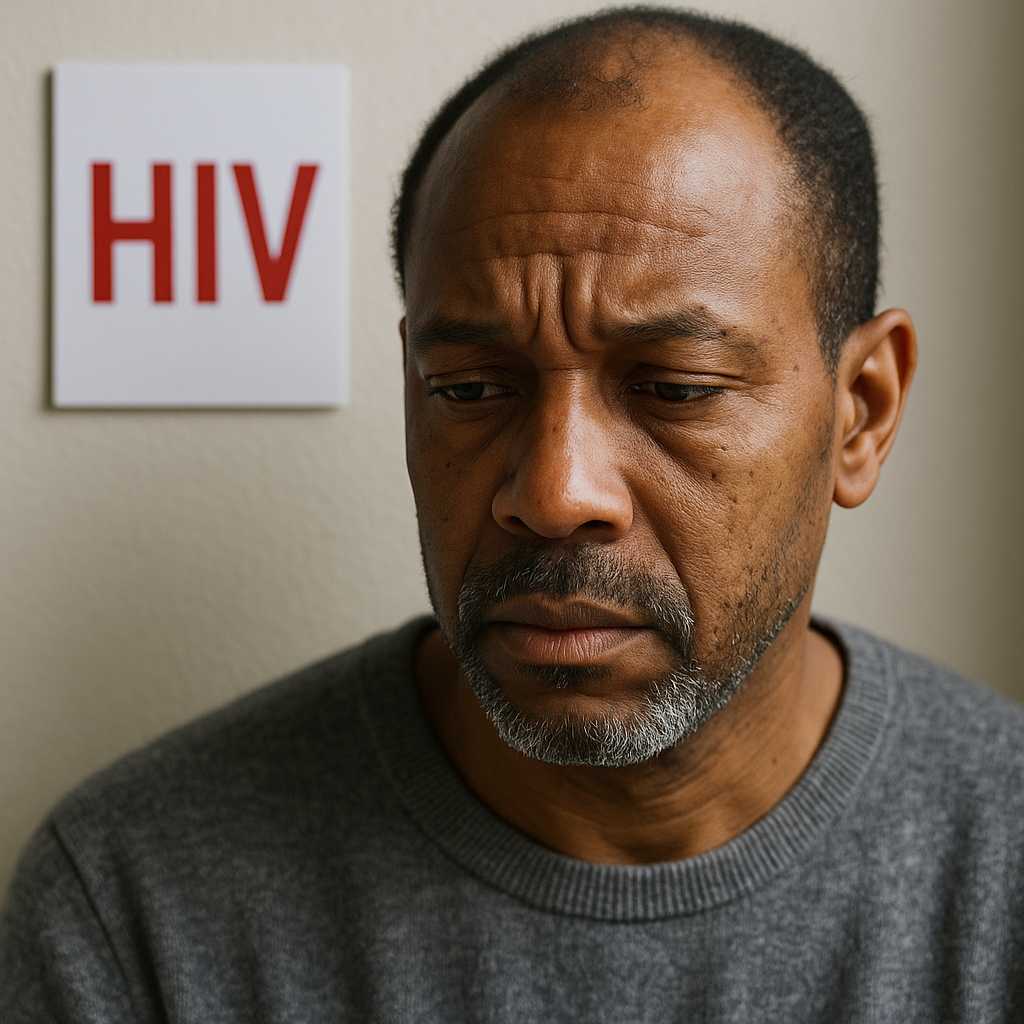When talking about health, the word “comorbidity” often comes up. But is HIV a comorbidity? The answer is a bit complex. HIV itself is a chronic condition caused by the human immunodeficiency virus. However, because it impacts the immune system, HIV often appears alongside other health conditions, making comorbidities an important part of HIV care and management.
Table of Contents
- What Does Comorbidity Mean?
- Is HIV Itself a Comorbidity?
- Common Comorbidities in People with HIV
- Why Understanding HIV and Comorbidities Matters
- FAQs
- Conclusion
What Does Comorbidity Mean?
Comorbidity refers to the presence of one or more additional health conditions that occur alongside a primary condition. For example, someone with diabetes may also have hypertension, making hypertension a comorbidity.
Comorbidities can complicate treatment because managing multiple conditions often requires coordinating medications, monitoring side effects, and adjusting lifestyle habits. In the context of HIV, comorbidities are particularly significant because of the way HIV weakens the immune system.
Is HIV Itself a Comorbidity?
Technically, HIV is not a comorbidity—it is a primary chronic condition. However, because HIV suppresses the immune system, people living with HIV are more likely to experience other health conditions. These conditions then become comorbidities of HIV.
For example, if someone with HIV also has tuberculosis, hepatitis B, or cardiovascular disease, those illnesses are considered comorbidities. The interaction between HIV and other conditions often makes treatment more complex, requiring specialized care strategies.
Common Comorbidities in People with HIV
Thanks to modern antiretroviral therapy (ART), people with HIV are living longer than ever. However, this longer lifespan means that many individuals face age-related and HIV-related comorbidities, such as:
1. Cardiovascular Disease: HIV and some ART drugs can increase the risk of heart disease.
2. Liver Disease: Hepatitis B and C co-infections are common and can lead to liver damage.
3. Tuberculosis (TB): A leading comorbidity in many parts of the world where both infections overlap.
4. Cancer: Certain cancers, such as Kaposi’s sarcoma and lymphoma, are more common in people with HIV.
5. Mental Health Disorders: Depression and anxiety are prevalent and often overlooked as comorbid conditions.
Managing these comorbidities requires a holistic approach that considers both HIV and the additional conditions.
Why Understanding HIV and Comorbidities Matters
Recognizing that HIV often coexists with other health conditions is essential for both patients and healthcare providers. Treating comorbidities alongside HIV requires careful planning to avoid drug interactions and ensure effective care. This is why regular checkups and open communication with healthcare professionals are critical.
For patients, awareness of comorbidities helps in understanding the importance of lifestyle choices like diet, exercise, and avoiding smoking. For providers, it highlights the need to integrate HIV care with broader healthcare services. Organizations such as Healthcare.pro offer valuable resources for navigating complex HIV-related health issues.
Digital awareness efforts powered by eHealthcare Solutions also play a major role in educating the public and fighting stigma, ensuring people understand the realities of living with HIV and comorbidities.
Conclusion
So, is HIV a comorbidity? By definition, HIV itself is a primary chronic condition. However, because it increases the risk of other health problems, people with HIV often experience comorbidities. Understanding this connection is vital for improving care, extending life expectancy, and enhancing quality of life for people living with HIV.
FAQs
Is HIV classified as a comorbidity?
No, HIV is a primary condition. Comorbidities are other conditions that occur alongside it.
What are the most common comorbidities with HIV?
Cardiovascular disease, liver disease, tuberculosis, certain cancers, and mental health disorders are common.
Why does HIV lead to more comorbidities?
HIV weakens the immune system, making it harder to fight infections and increasing susceptibility to other illnesses.
Can comorbidities be prevented in people with HIV?
Yes, with regular medical care, lifestyle changes, and adherence to treatment, many comorbidities can be managed or delayed.
Why is it important to manage comorbidities in HIV care?
Because comorbidities can complicate treatment and lower quality of life, managing them is crucial for long-term health.
This content is not medical advice. For any health issues, always consult a healthcare professional. In an emergency, call 911 or your local emergency services.




